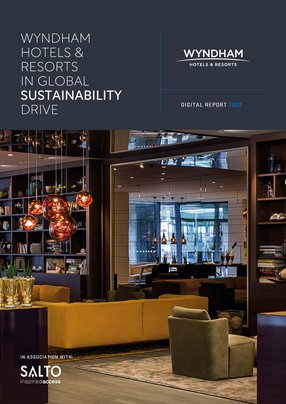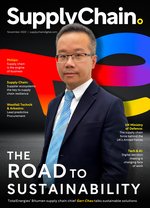Wyndham Hotels & Resorts in global sustainability drive
In virtually any business context, sourcing the best products and services for the best value to meet customer needs, while also being sustainable is no small matter. When this is happening across approximately 500 hospitality properties across Europe, the Middle East, Eurasia and Africa (EMEA), it is a significant undertaking.
Welcome to the working world of Philip Halanen, Head of Sourcing and Sustainability EMEA at Wyndham Hotels & Resorts, which boasts approximately 9,000 properties worldwide across 23 brands.
He is responsible for the design and delivery of Wyndham’s regional sourcing strategy, which focuses on delivering a cost-effective yet sustainable and ethical supply chain for hotels across the EMEA region. This role ties in well with Halanen’s responsibility over the sustainability strategy of the EMEA division.
In today’s world of turmoil and uncertainty, strategic sourcing takes huge significance in a business’ functionality, often being the difference between feeling the full brunt of supply disruption or successfully navigating your way through it; with ESG requirements, it can be the difference between compliance and hugely damaging non-compliance.
Wyndham Hotels stakeholders many and varied
It is a job with multiple stakeholders and challenges, on both the sourcing and sustainability fronts.
“From a sourcing perspective, because we have various key markets across the region, you need to have suppliers who are local,” says Halanen. “This is to create efficient, sustainable supply chains with short lead times to market.”
This is why Halanen and his team constantly evaluate suppliers, to ensure they offer products and services “that are in line with our various brand standards”. He adds: “We operate different brands across the region, and each has a different set of standards, so it’s very important that localised suppliers are aligned to these, and that obviously their products and services are what the hotels need.”
For Halanen, there’s complexity, too, on the sustainability side. Again, he says that Wyndham constantly evaluates its suppliers to ensure they trade and operate ethically.
“We look at the labour they use in their manufacturing or creation processes, all the way through to their emissions,” says Halanen. “Suppliers need the relevant documentation to show us they are trading in a way that is sustainable and ethical.”
Meeting sustainability goals all about communication
Another challenge is winning over hoteliers for whom sustainability is not top of the agenda. “It's about creating the business case and justifications for people who are less convinced on the environmental impact of their operations,” Halanen explains. “You have to communicate that sustainability is critical not only from an environmental point of view, but also from a commercial perspective.”
Interestingly, the pandemic helped here. Although COVID-19 was of course very damaging for the hospitality industry, Halanen feels the pandemic was “a catalyst for change – people want to rebound as better businesses”, and that it focused people's minds on sustainability – particularly in light of some ways the world benefitted from society’s shutdowns.
“Whether you’re a hotelier, a transport provider, or in the extended supply chain, now more than ever we’re aware of the importance of sustainability,” he says.
But to keep Wyndham’s ESG performance in EMEA on track, it’s Halanen’s job to ensure that the company’s sustainability programme is made accessible “by removing barriers to entry through making it easy to understand and giving hotel staff the tools and training they need to ensure they're equipped to succeed in this area”.
The programme to which Halanen is referring is ‘Wyndham Green’, part of the group’s global social responsibility strategy. It comprises five key pillars: Climate Change, Energy Efficiency & Renewable Energy, Water Conservation, Waste Diversion and Biodiversity.
Wyndham Green programme rolled out across globe
The Wyndham Green programme has been rolled out across the globe. It has the capacity to take a hotel from doing little on sustainability, through to making all aspects of its operations and extended supply chain sustainable, including in the way it procures goods and services.
Halanen reminds us there is a commercial point to sustainability, not just an environmental one: “It should be an important selling point for hotels, as consumers are really interested in staying in sustainable accommodation. For example, making small investments in energy efficient light bulbs can not only improve your bottom line by reducing power consumption, but it can also go some way to improving the sustainability characteristics of your hotel.”
A key focal point of Wyndham Green is “making sure our hotels reduce the energy they consume, whether it be electricity, gas or oil that a hotel is using”.
Halanen adds: “It's critical to track the consumption utilities on a monthly basis, baselining it, and understanding how operational changes can be made to help properties reduce emissions.”
Measuring environmental impact of hotels ‘pivotal’
Measuring a hotel’s impact is pivotal to Wyndham Green: “If you don't know what your impact is now, you can’t credibly set a target for carbon reduction.
“The simplest way for a hotel to baseline their energy consumption is to do it on a month-by-month basis. This will show how much energy they’re using to operate the hotel. Then baseline this over six months and see what it's telling them.”
Halanen points out that this is why Wyndham is encouraging its properties to start that measuring process as soon as possible – because “the more data they have, the better able they are to baseline what they’re using and then set strategies in place to reduce consumption”.
Once a hotel has a picture of its energy consumption, the next step is to reduce energy use, such as by making sure energy efficient light bulbs are used throughout a property, where possible.
“For such a relatively small change, this will have a big impact on the amount of energy a hotel will consume,” Halanen says. “And then there’s the use of renewable energy. Hotels can install solar power, or buy electricity from green sources.”
Water conservation is also another crucial sustainability area in many areas across the EMEA region, where water stress is not uncommon. Halanen says water use in bathrooms, public areas, laundries and kitchens must be monitored and regulated. Waste recycling is a further plank of Wyndham Green, as Halanen and his team help hotels recycle, reducing what is sent to landfill.
“It’s about ensuring we continue eliminating items such as single-use plastics, and that we make sure that – when scarce items are used – they are recycled at property level,” he says.
Recycling programme a challenge in some EMEA regions
One challenge when engaging hotels to participate in recycling programmes is the lack of recycling facilities available in certain countries. “Governments really should enable basic recycling for any hospitality business,” comments Halanen. “But if, like us, you’re a hotel company with five or six properties within a given city, you can bring people together and create the demand locally for recycling, speaking to the local government authorities or waste businesses to try to create such a service in that area. This way, it’s possible to unlock the benefits of having good sustainability schemes in place.”
Then – on top of all these sustainability considerations – it’s important for hotels to consider the management of energy demands during seasonal peaks, such as summer and public holidays.
“Being in hospitality, you have to be aware of the impact of seasonality on your energy demand and ensure your operation is robust enough to minimise your use of utilities during these peaks.”
Ways to achieve this include strong in-house communications on the importance of sustainability initiatives, such as turning lights off or the installation of motion sensors to automate room power usage.
“When you’ve done one or more of these things, you will be able to look at the improvement on your consumption using the monthly consumption data,” Halanen stresses.
But, of course, Wyndham Green is not just about meeting internal ESG targets – it’s also about empowering guests to make sustainable choices.
“It’s important that hotels set an example,” says Halanen. “One of the things we’re looking at is the availability of EV charging points at our properties.
Many of our properties are in drive-to locations and the availability of EV charging is something we think is important to offer. It's about ensuring that we consider the choices travellers make when coming to one of our properties and that the necessary infrastructure or standard is in place to make a sustainable journey possible.
Wyndham’s stakeholders are many and varied, with customers being just one group. Another critical group of stakeholders are hotel franchisees, who are the owners, the operators and also the staff working at those hotels.
In terms of sourcing suppliers, Halanen explains that, when providing suppliers for a property or a hotel, it's important to understand that each supplier – and the service or product they offer – will have a different stakeholder in the hotel operation.
“So, if we're talking about cleaning or linen categories, you have to consider the needs of the housekeeping team when selecting products,” he explains. “Similarly, if you’re sourcing software, you have to consider the IT managers and with food, it’s obviously the chefs you need to consider.”
He goes on “franchisees are always considering price, total cost of ownership and the cost of change when making purchasing decisions – as you would expect”.
“On the sustainability side, my stakeholders are very much our franchise partners, hotel staff, customers and internally my colleagues – as they are critical to championing the many benefits of the Wyndham Green programme.”
Halanen’s challenges are almost as complex as Wyndham’s stakeholders, and he concludes by pointing out that, to achieve success across sourcing and sustainability, “you need to ensure that people know why we're doing what we’re doing, and so communication is key”.
He finishes by summing up how the responsibilities of his role are woven throughout every aspect of his working day: “For me, it's my bread and butter; I talk about it every day. But for others, sustainability won’t be an everyday conversation. With the Wyndham Green Programme or our Preferred Supplier programme, it's really important that people not only understand what you need from them, but also what you're trying to achieve and the benefits that will bring them.”
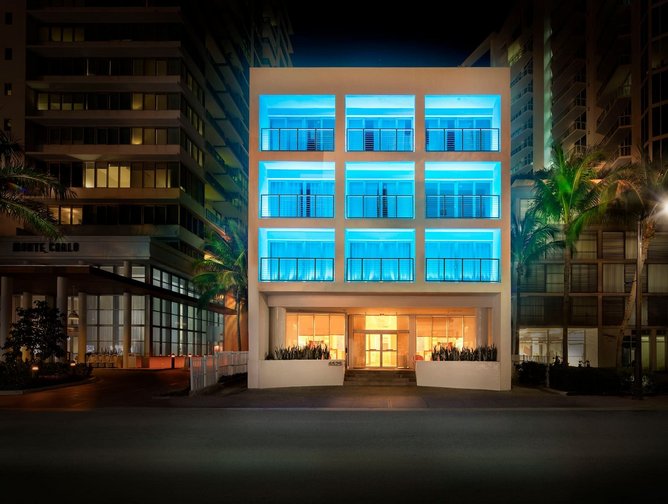
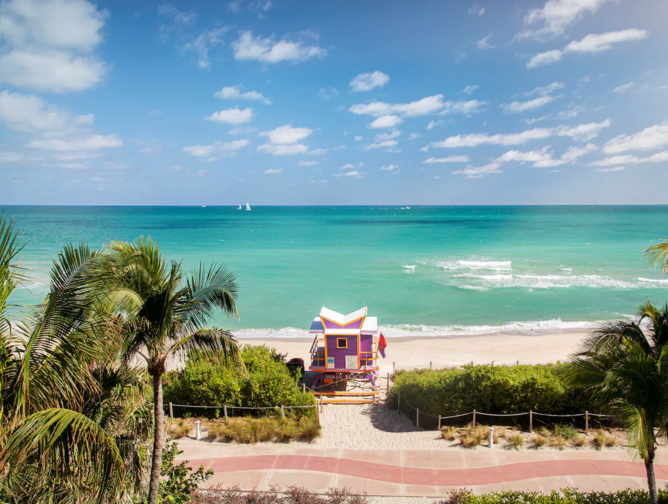
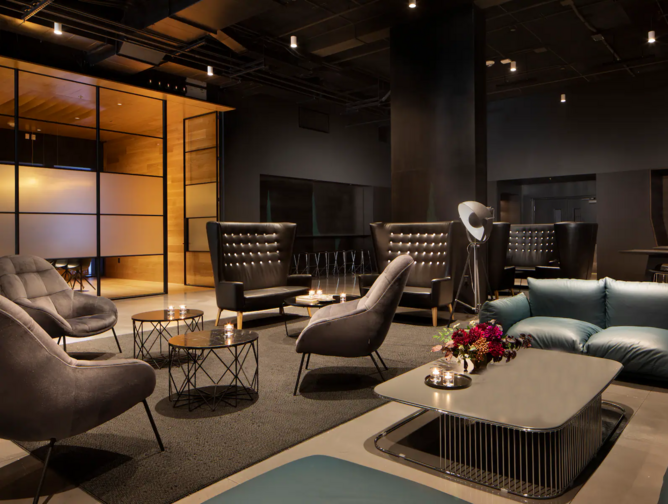
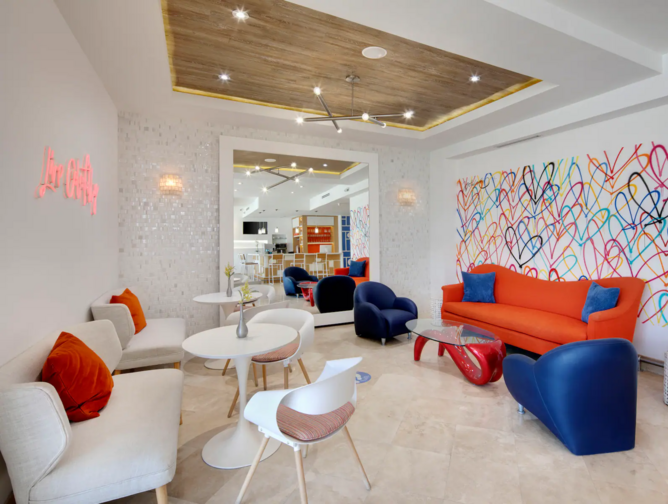
- Philip Halanen

